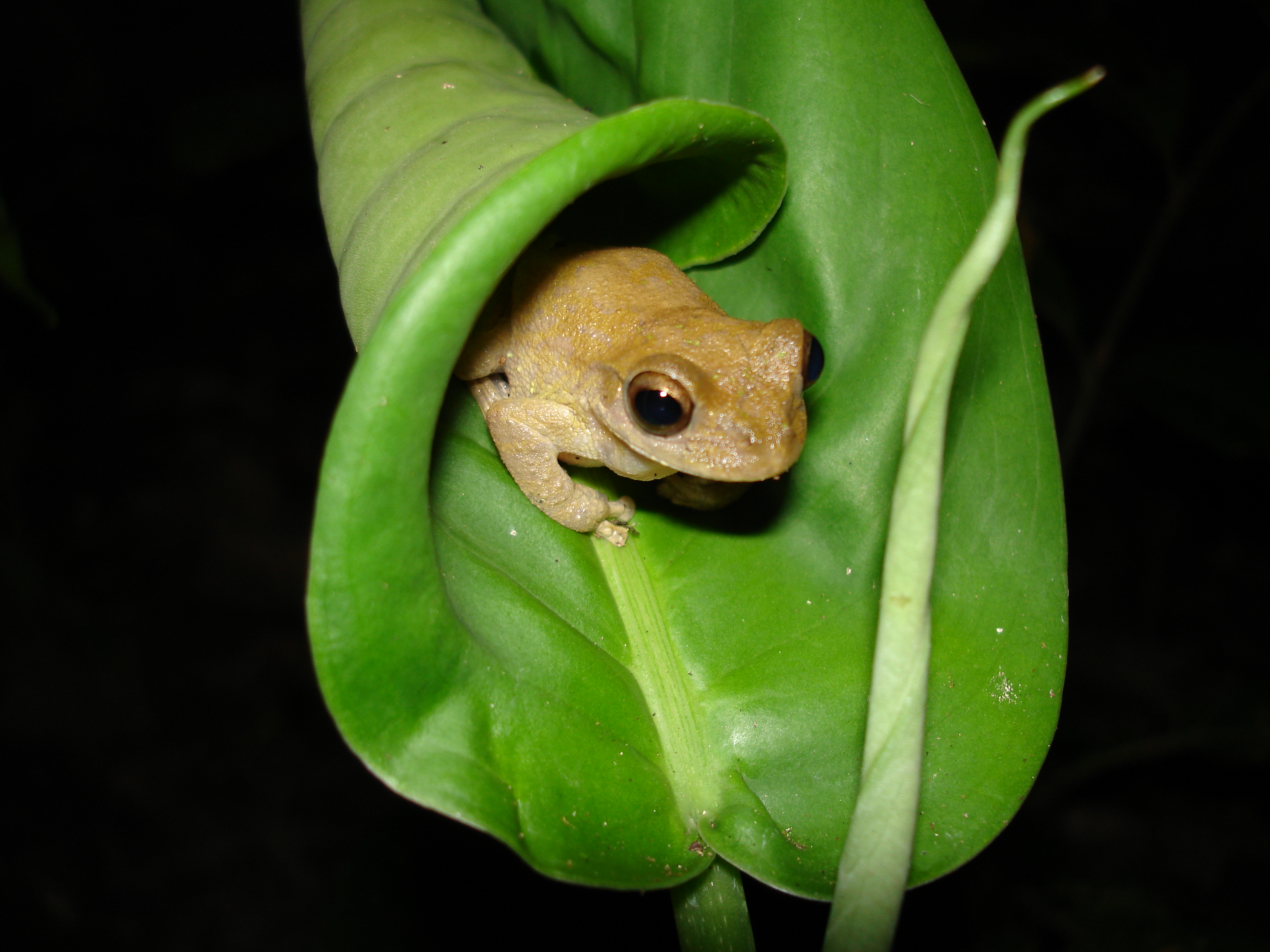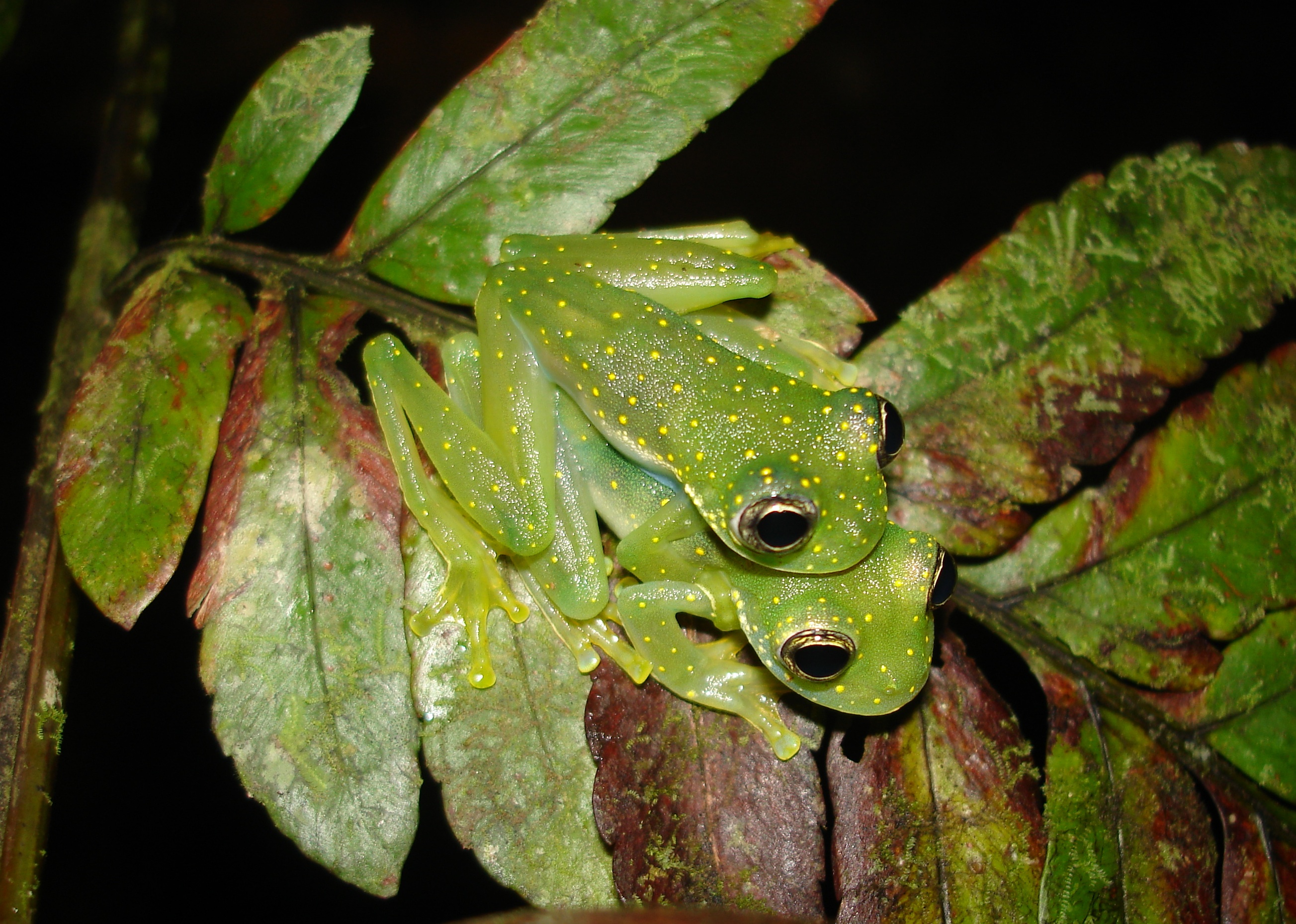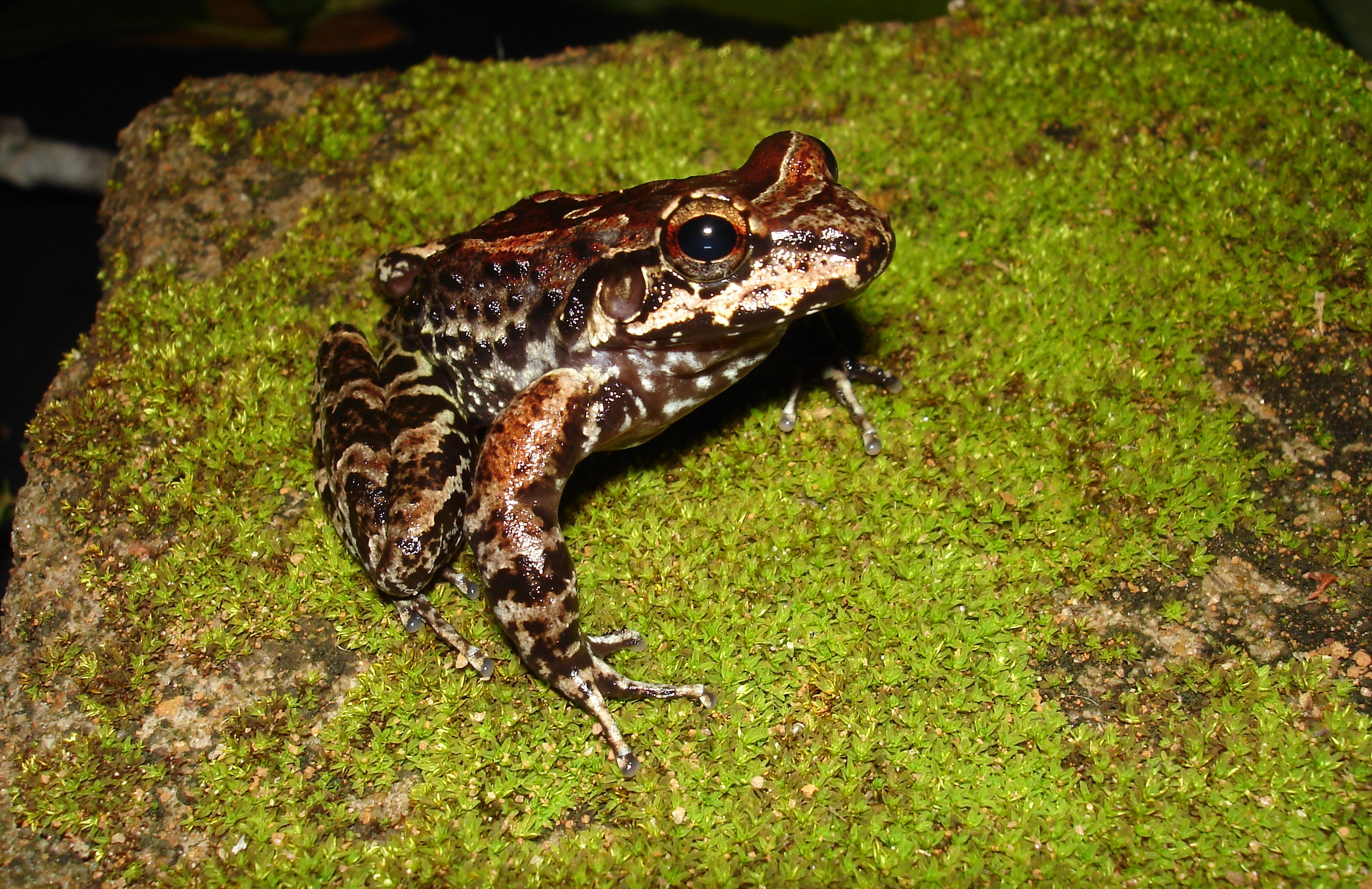KZ Lab Mission: To do the best science we can, while engaging in the training of undergrads, grads, and post-docs, and furthering our careers in the direction that each of us wishes to develop. This career development includes all aspects of doing science: research, teaching, and service to our communities and to society more broadly.
KZ Lab Statement on Equitable and Inclusive Environments in STEM: We believe that fostering a welcoming and inclusive environment is critical, and we work actively to make our lab and the scientific community a better place for everyone. All forms of discrimination are not tolerated. We welcome diversity in all its forms including all religions, nationality, socio-economic status, first-generation, LGBTQIA+, BIPoC, Latinx, disabled, and all other groups traditionally underrepresented in science. We assume that we all still have much to learn about social injustices and how we can contribute to solving them.
Our Research
We are broadly interested in mechanisms that underlie the origin and maintenance of biodiversity in reptiles and amphibians.
Most students and researchers in the KZ lab work on questions related to amphibian diversification and conservation. Projects currently ongoing in the lab focus primarily on microevolutionary processes contributing to population genetic differentiation, sexual selection and the determinants of reproductive success, disease resistance in amphibians, and the effects of landscapes (natural or anthropogenically disturbed) on maintenance of genomic diversity and persistence of populations.
Diversification. A large emphasis in the lab is understanding the geographic distribution of genomic and phenotypic diversity at population and regional scales and how that contributes to diversification.
Sexual selection and mate choice. We are interested in factors that lead to individual differences in reproductive success, and how sexual selection shapes the evolution of mating systems.
Genomics of host-pathogen interactions. Wildlife diseases are predicted to increase in the Anthropocene. We study the genomics and population biology of host-pathogen interactions, focusing on chytrid fungi that infect amphibians, and immunity and evolution of resistance in amphibian hosts.
Conservation genomics in modified landscapes. Species with different ecologies and habitat requirements will respond differently to changes in environments. We use genomics to understand the consequences of changes in habitat distribution and quality on species of conservation concern as well as the adaptive potential of species that encounter new environmental conditions.



